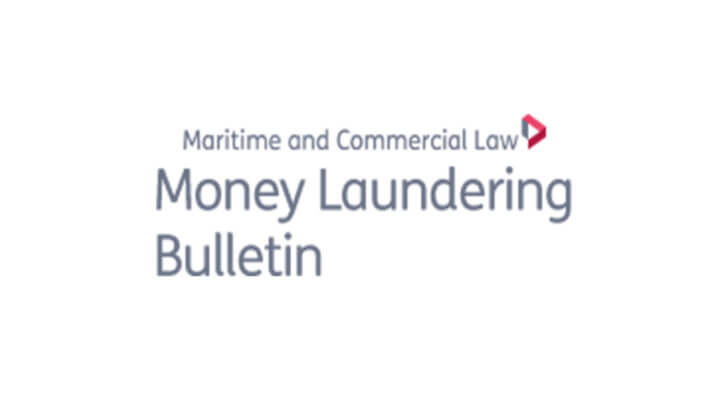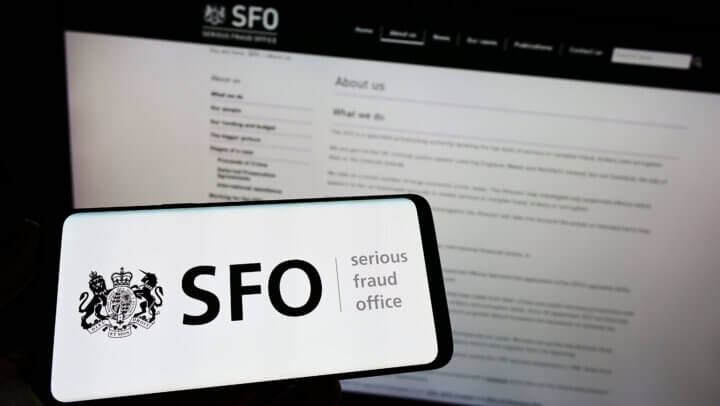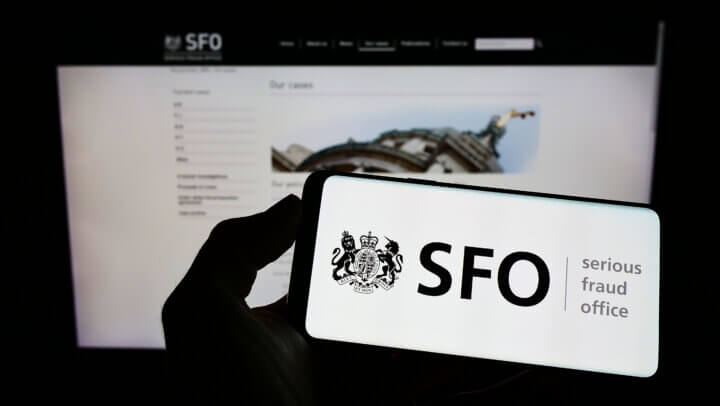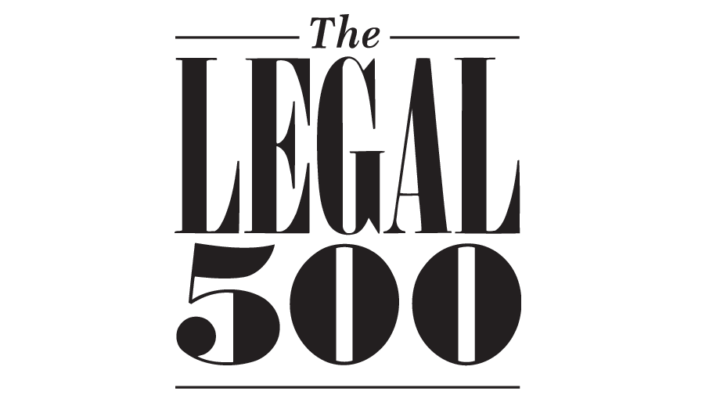As of 1 August 2022, beneficial owners of overseas entities that purchase a property in the UK must be identified by a verification agent, regulated under the Money Laundering Regulations. BCL’s John Binns writes for Money Laundering Bulletin discussing the interplay of the new obligations with an existing registration, and whether ineffective implementation could prove counterproductive.
Here is a short extract from the article*. If you wish to read the full article, please visit Money Laundering Bulletin website.
”A new layer of rules
This, as they say, is where it gets complicated. The UK’s new Register of Overseas Entities (ROE) adds a new layer of rules to an already complex ecosystem, essentially to create a public register of foreign companies with interests in UK land. But the details of the scheme, and how it seems likely to work alongside existing rules designed to combat economic crime and to enforce financial sanctions, suggest various potential pitfalls and difficulties.
The foundations
The ROE builds on existing registers of interests in land in fact, there are three registration schemes in the UK: one for England and Wales; one for Scotland; and one for Northern Ireland, and of Persons with Significant Control (PSC) of UK companies and similar entities; it is also designed to work alongside existing prohibitions and obligations of the regulated sector in anti-money laundering (AML) and sanctions laws.
Land registration
Schemes to enable and, ultimately, require registration of land were not devised as a means of combating economic crime. They were and are intended as a practical means of avoiding the disputes and uncertainties that flow from reliance on the possession and storage of hard-copy title deeds. As a by-product, with land registers increasingly easy for anyone to search, they also create a measure of transparency: while not always definitive, the public registers will provide at least a reasonably reliable guide to who is the legal owner of a house or other property, as well as who holds certain other interests in that property, such as mortgagees. That, of course, leaves it open to the privacy-conscious owner to hold their interest beneficially, via a trust arrangement or a legal entity.
The fact that the land registration schemes in different parts of the UK have evolved at different paces over the years is the explanation for why the relevant dates for ROE requirements also differ: these apply to all properties bought in England and Wales on or after 1 January 1999, or in Scotland on or after 8 December 2014, with no retrospective effect for Northern Ireland.”
*This article was first published by Money Laundering Bulletin on 03 September 2022. If you wish to read the full article, please visit Money Laundering Bulletin website.
Please note that you will need a subscription with Money Laundering Bulletin to access the article.




